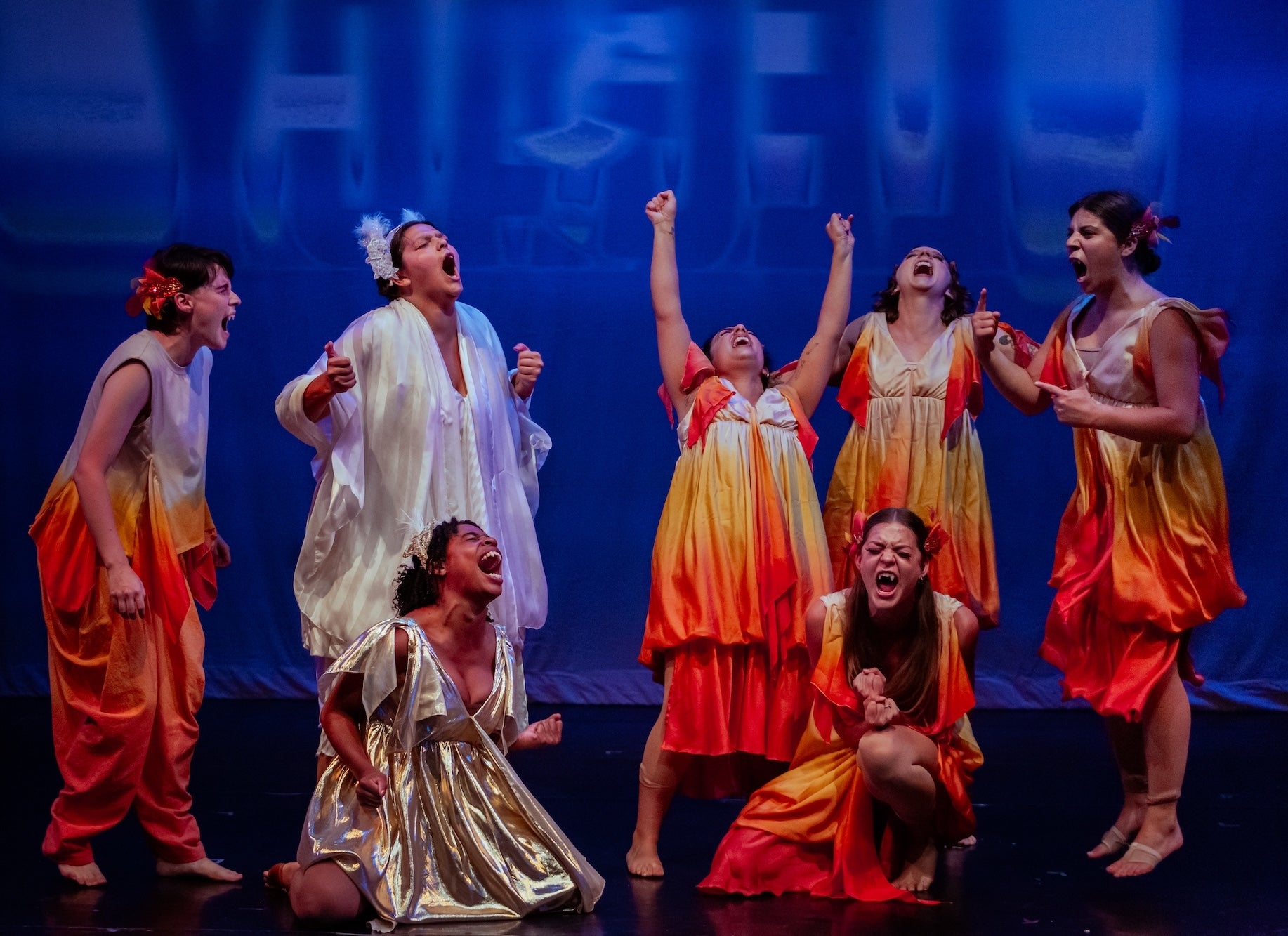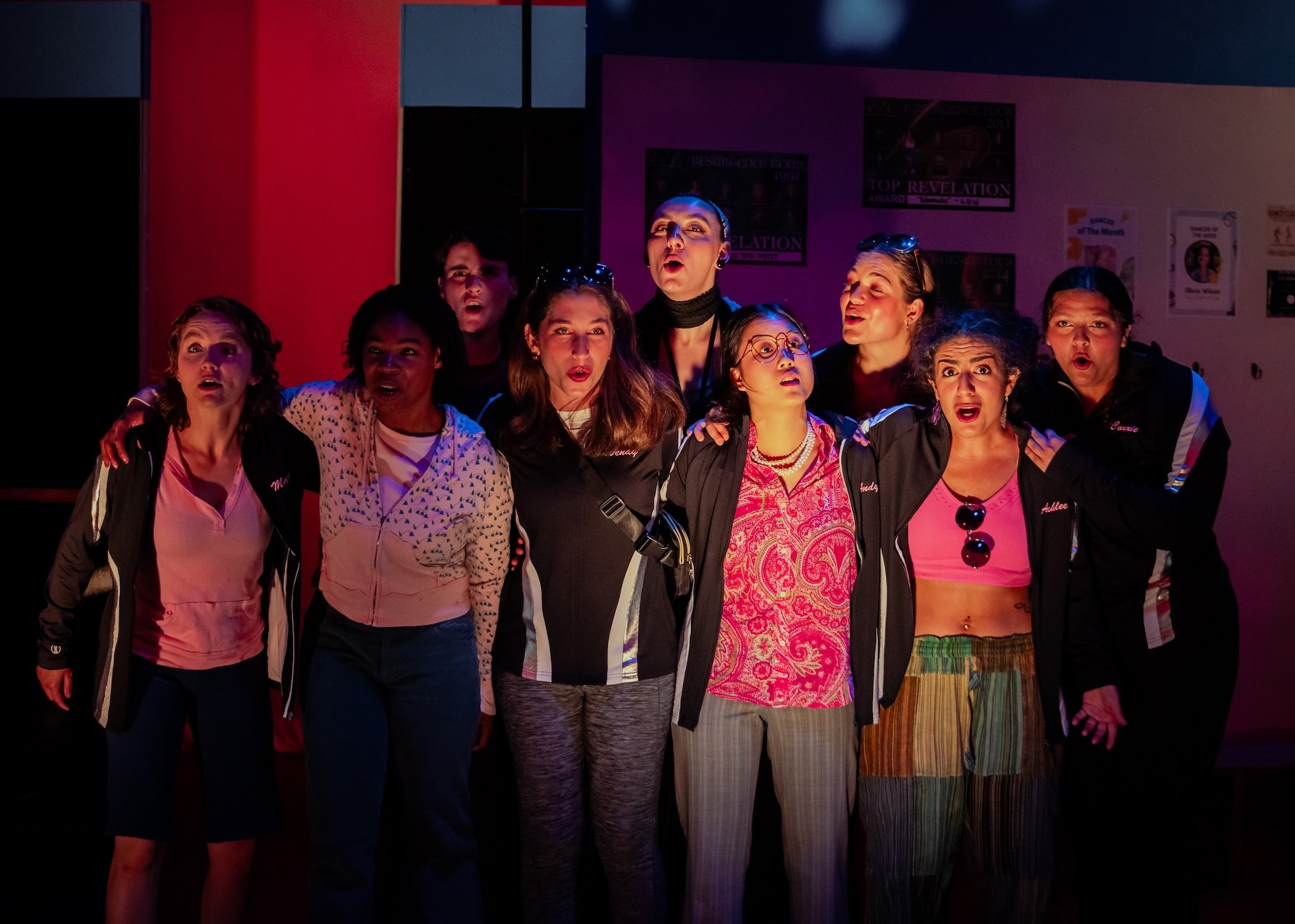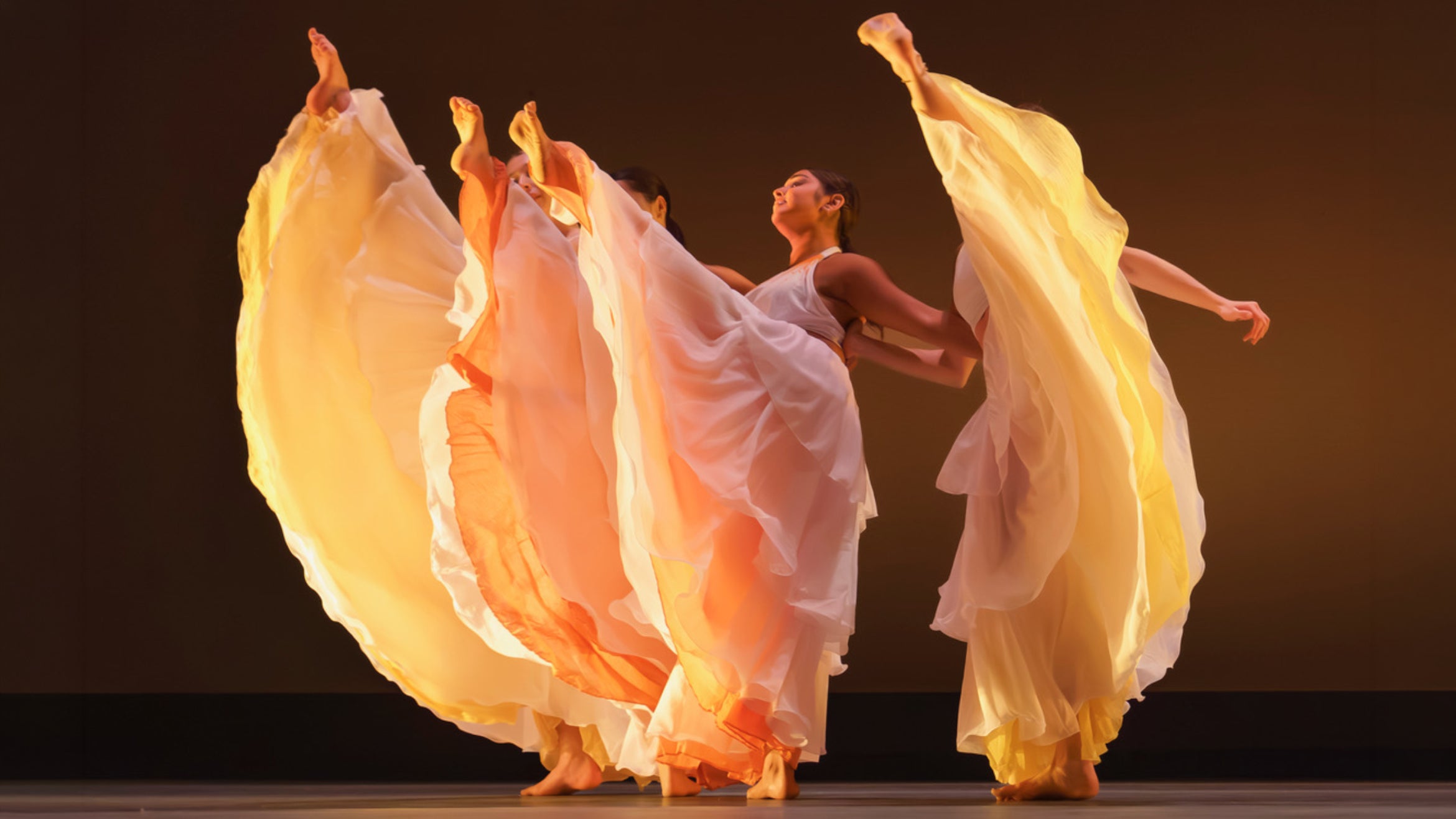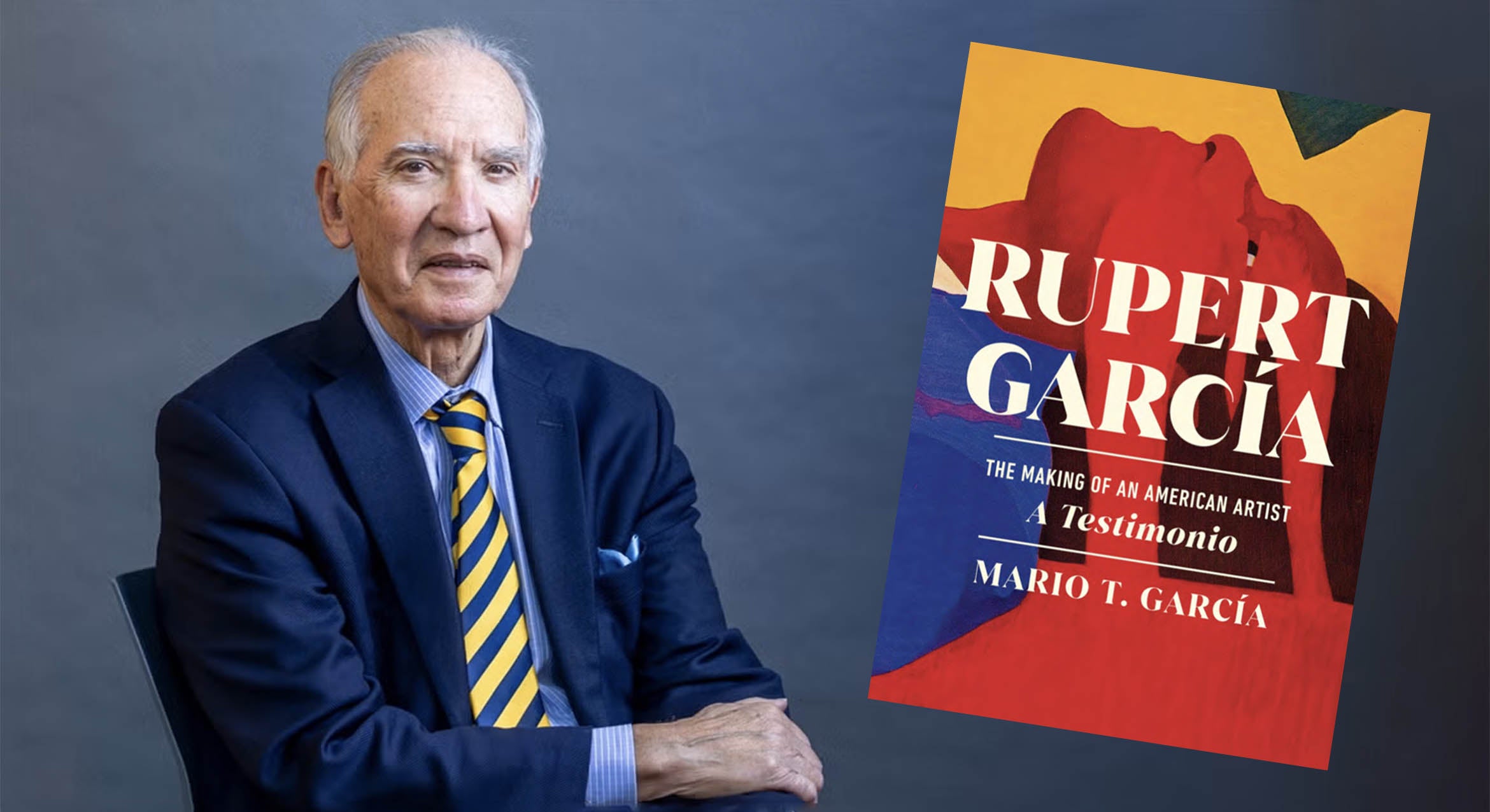
Let’s face it: It’s a rough world out there. If you want to get ahead, you need to take advantage of whatever opportunities come your way — even when it means alienating your peers, and hurting people you love.
Is the tradeoff worth it? It’s an individual decision, and not an easy one to make.
But no one said it’s easy being a 12-year-old girl.
A play about young women on the cusp of their teenage years, “Dance Nation” portrays their conflicting impulses to stand out and blend in. They are living through a confusing, often scary time of life, dominated by an intense rush of hormones. The widely acclaimed play does not sugarcoat this reality.
Presented by the UC Santa Barbara Department of Theater and Dance, “Dance Nation” runs May 22–31 at the campus Performing Arts Theater.
“(Playwright) Claire Barron is interested in this idea that we tend to portray teens, and pre-pubescent women, as ‘cute’ or ‘darling,’” said Pesha Rudnick, who is directing the work. “I have a 13-year-old daughter, and ‘cute’ is not the way I would describe her. Her feelings are complex; her anger is real.”
So it is with the characters of the play, who are members of a dance troupe in modern-day Ohio, striving to compete for a national championship. Winning, they come to realize, requires embodying an ethos of cutthroat competitiveness. But that mindset comes with its own costs.
“At the heart of this play is a friendship,” said Rudnick. “The two girls are best friends, but they’re also in competition to be the best dancer. In a society that really pushes girls to be well-behaved and good to each other, it’s very confusing to push ahead of a friend and be unapologetic about it. With boys, it’s celebrated.
“The question ‘Who suffers when you choose yourself?’ is very different for women than for men,” she added. “If you choose yourself and your career, what do you lose in other realms of your life? It’s fascinating for me to be in a room with college students, who are at the beginning of their careers, grappling with these questions. We’ve had some phenomenal conversations.”

Rudnick, a lecturer in the department, saw an early staging of the play about a decade ago, and even met with the playwright about potential collaborations. But while the work has been “in the back of my brain for a long time,” this production was driven not by her, but by the student actors themselves.
“I was told by the department that the students were clamoring for it,” she said. “They had suggested it two or three years in a row.
“These are BFA students, most of them in their senior year. They are very much trained to be an ensemble, but also to promote themselves. So the themes of this play resonate for them. To be the star, you ultimately need to outshine everyone else.”
Choreographer Christina McCarthy confirmed that it was the passion of the students that convinced the department to stage the work. She added that, given the current political environment, “it felt like a good time to do a play about female empowerment.”
That said, some objections were raised during the decision-making process — specifically that the writing was “too raunchy,” McCarthy noted. “It is, a bit. There is some bawdy humor. It contains really graphic language about female anatomy.”
That language is “not obscene, but pretty raw,” added Rudnick, who cautioned the work is not for children. But for adults (including older teens), “It’s a very entertaining play. There’s a lot of humor, and a ton of dance.”
A critic from London newspaper the Guardian, reviewing the play’s U.K. debut in 2018, noted that while the girls “are shadowed by nerves, when the group are dancing together, they achieve a Bacchic ferocity.”
“I aspire to that!” McCarthy said. “The cast is made up of amazing actors; the dancing is a little more challenging to them, but we’re finding our way through. We’re getting there by allowing them to move the way their bodies want to move innately. That’s how we get to that sense of abandon.”

That loosening of constrictions is key to the play. As New York magazine critic Sara Holdren wrote when it was staged off-Broadway, also in 2018: “The girls in Barron’s play are all baby beasts, reckoning with their own ferocity, their own weirdness and wildness.”
Rudnick agreed. “When unleashed, there is a feral animal in most people — and especially in young adults,” she said. “The play is acknowledging that.
“This is not the Disney Channel.”
“Dance Nation” will be performed at 7:30 p.m. May 22, 23, 28, 29 and 30, and at 2 p.m. May 31. Tickets are $17 in advance or $19 the day of performance. There is a $4 discount for students, faculty, staff or seniors) For more information, call (805) 893-2064, or visit theaterdance.ucsb.edu.



